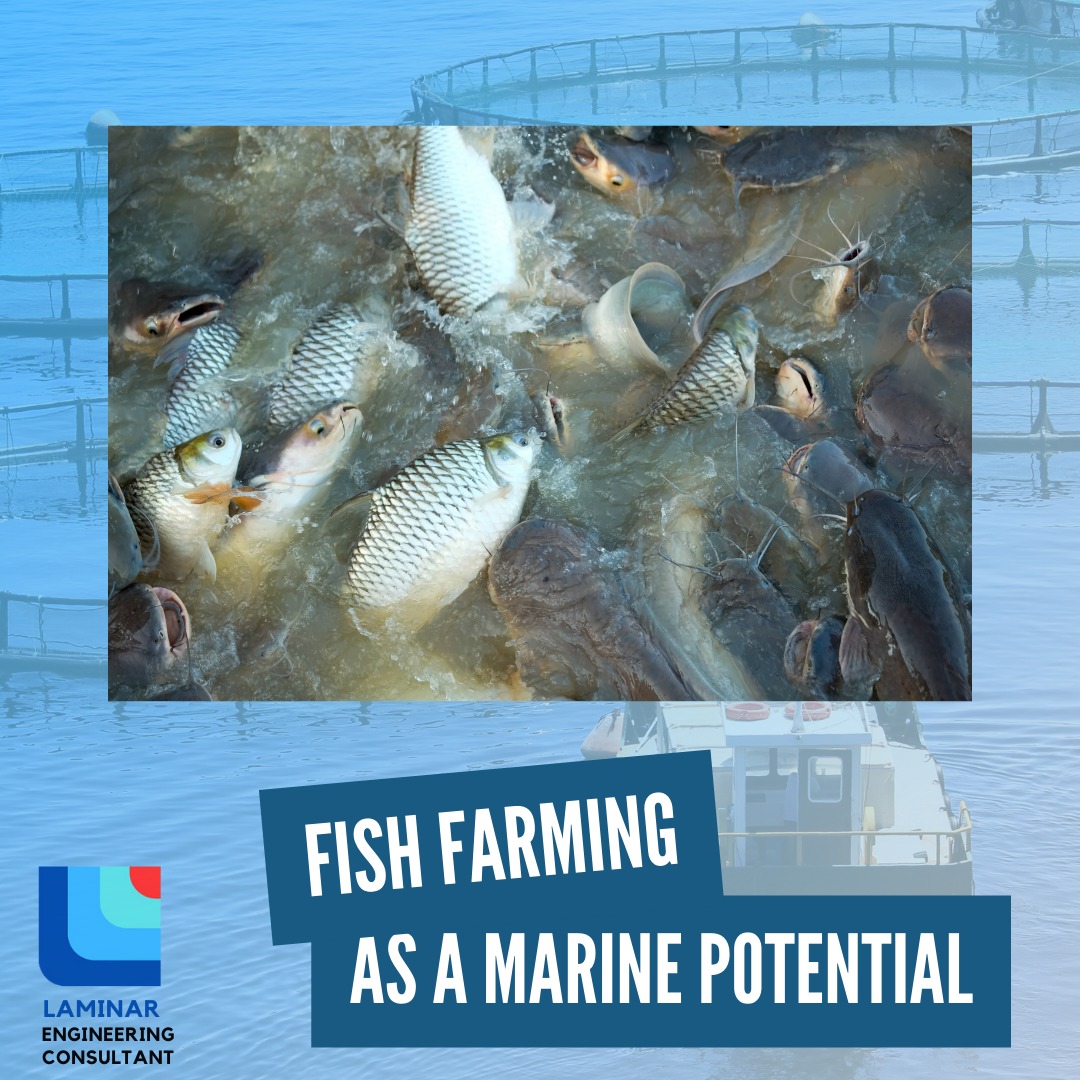Indonesia is known as a maritime country. This is proven by the sea area which is much larger than the land. Since ancient times, the sea has also played a major role in the history of the formation of Indonesia as a country, including as a trade route, transportation, and communication between islands. In other aspects, Indonesia’s maritime culture is also very strong in terms of beliefs, arts, and livelihoods.
The Indonesian sea has various natural resources such as fish, oil, gas, and other minerals.
Some of these potentials support the sea as a source of life for the community. The Ministry of Maritime Affairs and Fisheries (KKP) noted that capture fisheries production in the first semester of 2024 had exceeded the target, which was 3.34 million tons. This fact further strengthens Indonesia’s position as one of the maritime countries with a fairly large contribution to the fisheries sector.
The fisheries sector has a significant impact on Indonesia’s economic growth. The welfare of coastal communities is highly dependent on fish that will be processed into valuable products. Furthermore, fish farming can provide job opportunities for the surrounding community, as well as the development of a blue economy, namely the application of adaptive management practices, and the integration of fisheries into national climate change policies.
Revitalization of traditional ponds and management based on local wisdom are real actions from the government. The Minister of Marine Affairs and Fisheries (KKP) is carrying out this action followed by other programs, namely quota-based fishing and reducing plastic waste in the sea. In addition, KKP is also focusing on increasing the exchange rate of fishermen and Non-Tax State Revenue (PNBP) from the fisheries industry.
However, with a series of programs that have been carried out by the government and the private sector, it will not run smoothly if not assisted by the community. The role of the community is needed to follow up on the programs that have been made, as simple as participating in training and/or community empowerment activities, reminding each other about the importance of protecting our seas by caring about cleanliness in the environment around the sea, and consuming domestic marine products to help the sustainability of fisheries cultivation in Indonesia.
By implementing strategies and cooperation from the community, KKP strives for the fisheries sector to continue to be a pioneer in the Indonesian economy, in order to achieve the vision of sustainable development in 2025.

